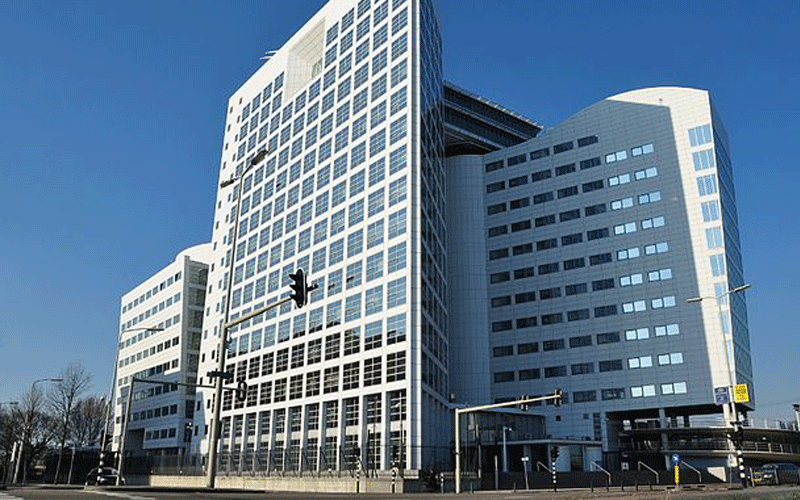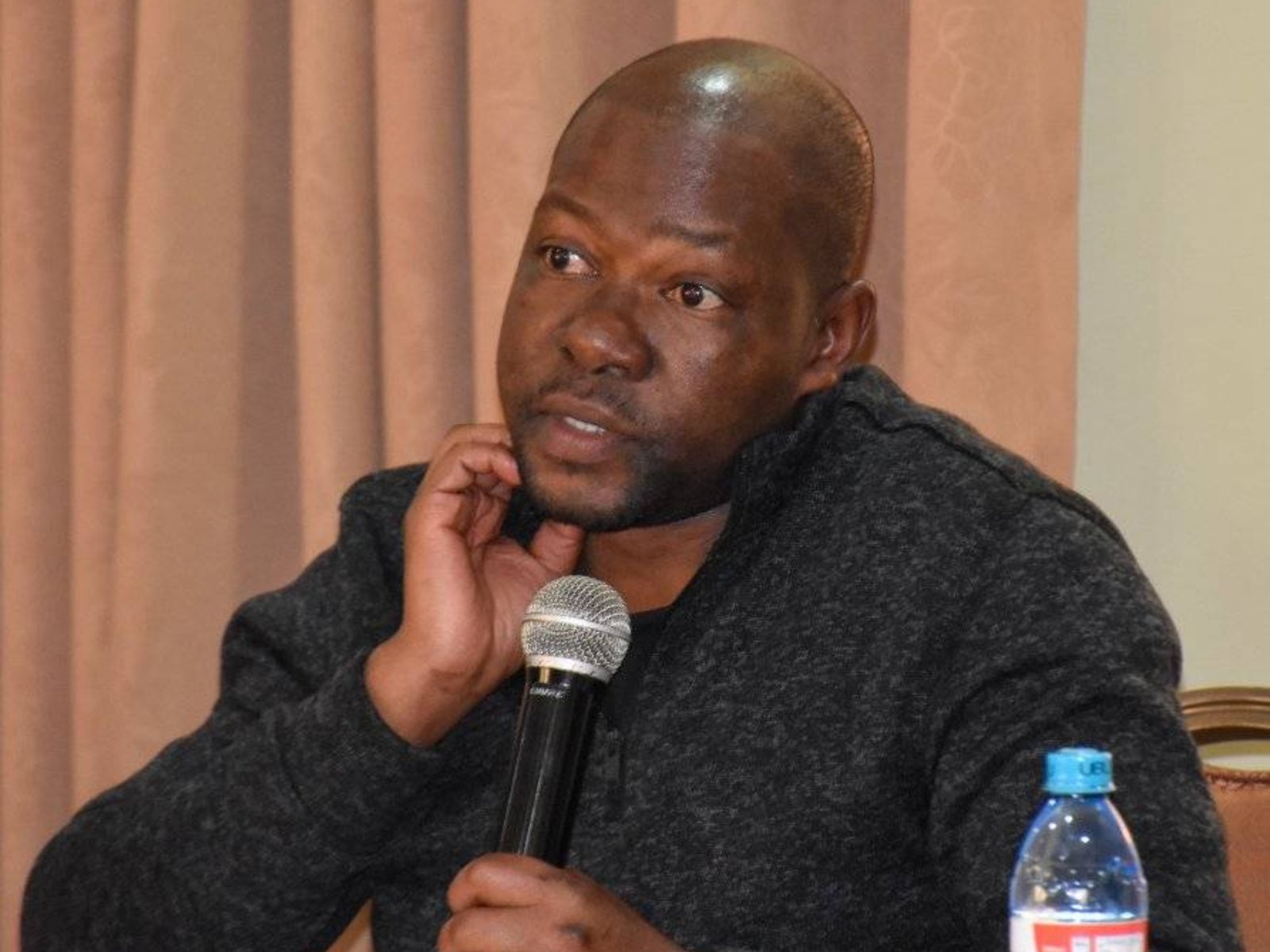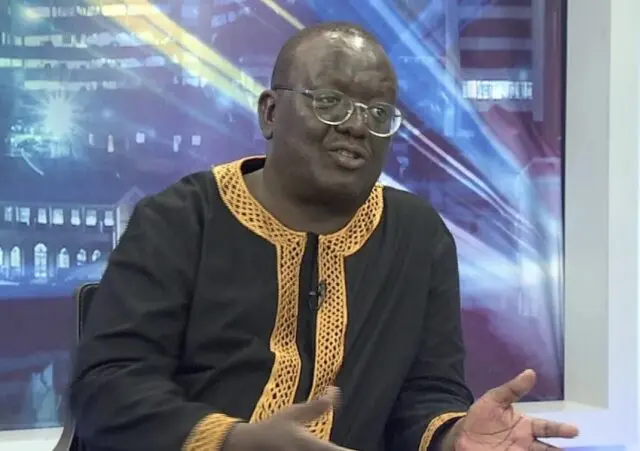Nairobi rejects four ICC prosecutor nominees

Kenya has rejected four candidates shortlisted for the position of the Prosecutor of the International Criminal Court (ICC) on grounds that the process is skewed to favour one applicant.
Kenya also argued that the list was tailored to favour candidates from outside Africa.
In a letter to the ICC, dated July 13, 2020, Kenya’s ambassador to the Netherlands, Lawrence Lenayapa, says the shortlist denies member states the opportunity to “identify, through open and transparent consultations, a consensus candidate”.
According to Lenayapa, there is need for re-consideration of all the applicants by allowing States Parties to restart nomination of candidates that can be presented for election during the upcoming Assembly of States Parties.
“The Republic of Kenya, therefore, rejects the shortlist contained in the Report of the Committee on the Election of the Prosecutor and calls for a reconsideration of all the applicants for the position and in the alternative encourage States Parties to commence nomination of candidates that can be presented for election during the upcoming Assembly of States Parties,” reads the letter.
Among those shortlisted are Irishman Fergal Gaynor and Morris Anyah (American) who represented victims of the post-election violence in Kenya as well as Susan Okalany (Uganda), who is currently a justice of the High Court of Uganda and a judge in the International Criminal Division, and Richard Roy (Canada).
Gaynor, who was the victims’ representative when the ICC withdrew crimes against President Uhuru Kenyatta, is currently the Reserve International Co-prosecutor at the extraordinary chambers in the courts of Cambodia, while Anyah, who was also representing victims, quit due to the decision by the trial judges to limit victim representation at the Kenya case trial.
Anyah also represented former Liberian President Charles Taylor at his war crimes trial.
Next prosecutor
The candidates were shortlisted by a special committee to succeed outgoing ICC Prosecutor Fatou Bensouda.
In his letter, Lenayapa says that the names of the candidates as presented by Committee on the Election of the Prosecutor may not enable the realisation of the desired consensus.
According to him the current shortlist does not meet the required expectation and appears skewed in favour of a particular candidate yet they expected each shortlisted candidate would have an equal chance of being elected as next prosecutor.
Lenayapa says presenting States Parties with a fait accompli denies them an opportunity to choose from a variety of candidates.
Article 42(2) of the Rome Statute provides that the Prosecutor and Deputy Prosecutor shall be of different nationalities, hence the disqualification of the Canadian candidate.
“At a time when the Court is faced with many difficulties, we need to work together to elect a candidate who will strengthen and build confidence in the Office of the Prosecutor.
Presenting States Parties with a fait accompli denies the States parties an opportunity to achieve this critically important objective,” adds the letter.
Lenayapa is categorical that the candidates presented have relatively limited managerial experience in large international institutions and do not have demonstrable diplomatic experience, particularly in engagement with States Parties.
“A prosecutor is supposed to command the respect of the judges, inspire the confidence of its own staff and build the confidence of States and Victims.”
In addition, Lenayapa says that the current Deputy Prosecutor is a Canadian national and his term expires in March 2022 and thus the election of a candidate of the same nationality in December 2020 would be contrary to an express provision of the Rome Statute.
Further he expresses concern that some of the candidates shortlisted have served as legal representatives of parties in active cases.
“While Article 42 provides for modalities of disqualification of a prosecutor who has previously been involved in a case before the court, it would be imprudent for States Parties to settle for a candidate who would have to recuse himself from some of the most challenging cases pending before the court.
This would undoubtedly weaken the stature of the office of the prosecutor,” he writes.












